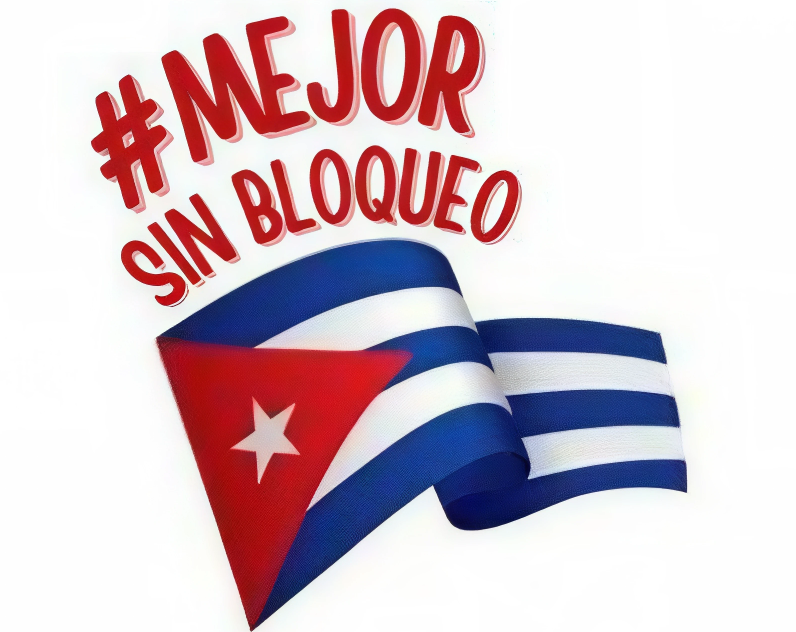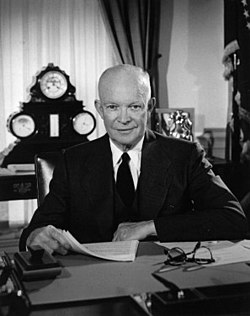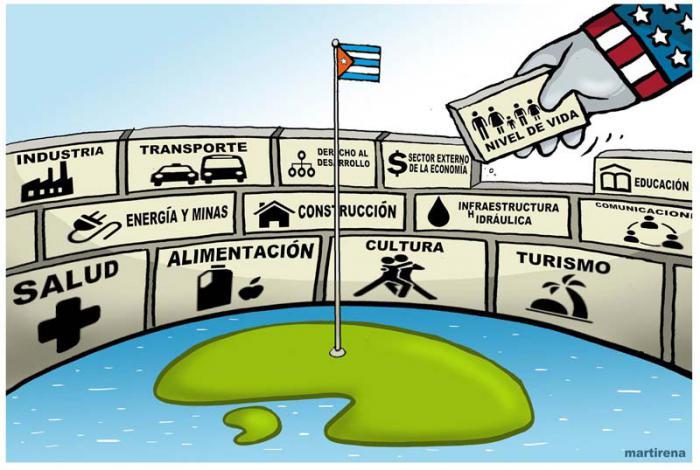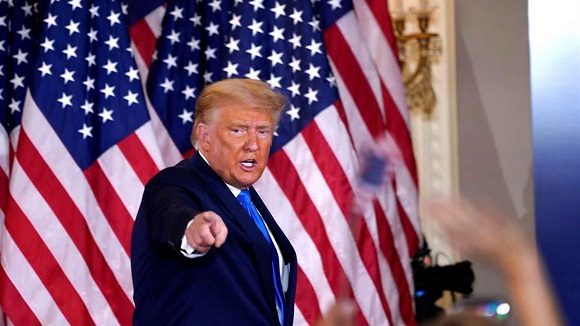
The US embargo on Cuba is a complex legal framework that includes laws and regulations that prohibit and regulate economic, commercial, and financial relations with the island.
It was initially implemented in 1958 by the Dwight D. Eisenhower administration in response to arms sales during the Fulgencio Batista regime.

Since then, the embargo has varied in intensity, significantly affecting the Cuban economy, limiting the use of the dollar in international transactions, restricting access to credit, and hampering the acquisition of medical supplies and technology, even in areas such as health and agriculture, which were initially excluded from the sanctions. Over the years, restrictions have been tightened and loosened at different times; for example, in 1962, the measures were strengthened during the Cuban Missile Crisis, but were subsequently relaxed in certain aspects.

The Cuban Assets Control Regulations, contained in Title 31 Part 515 of the United States Code of Federal Regulations, promulgated by the United States Government on July 8, 1963, under the Trading with the Enemy Act, remain in effect and affect all U.S. citizens, permanent residents of the United States, regardless of their location, all people and organizations physically located within the United States, and all divisions and subsidiaries of U.S. organizations worldwide. Their basic objective is to isolate Cuba economically and deprive it of access to U.S. dollars.
Violation of these regulations carries criminal penalties of up to 10 years in prison, fines of up to $1,000,000 for corporations and $250,000 for individuals, and civil penalties of up to $55,000, as well as the confiscation of property, vessels, funds, securities, and documents involved in a violation of the Trading with the Enemy Act.
The extraterritorial nature of the embargo since 1992 has led to sanctions against third countries that trade with Cuba or support subsidized Cuban companies. Despite these restrictions, the sale of medicines to Cuba is not currently prohibited. The country's economy maintains trade relations with various countries, including China, Spain, Brazil, and Russia, among others. In 2014, the Obama and Raúl Castro administrations announced a process of normalizing relations, which included the reopening of embassies and removing Cuba from the list of state sponsors of terrorism.

With the arrival of Donald Trump in 2017, diplomatic relations between the United States and Cuba deteriorated significantly. Trump announced his intention to reverse Obama's policies and implemented a series of measures more than 240 were recorded during his four years in office aimed at reinforcing the embargo and further limiting relations with the island.
These actions included restrictions on travel, remittances, and investments, in an attempt to pressure the Cuban government and limit its economy, in line with a more rigid stance regarding the policy towards Cuba, and As if that weren't enough, the designation of Cuba as a State sponsor of terrorism represented the culmination of the effort to prevent any progress and eventual improvement in bilateral relations. (Text: Arleén Calvo Lacal/Radio Cadena Agramonte) (Photos: Taken from the Internet)